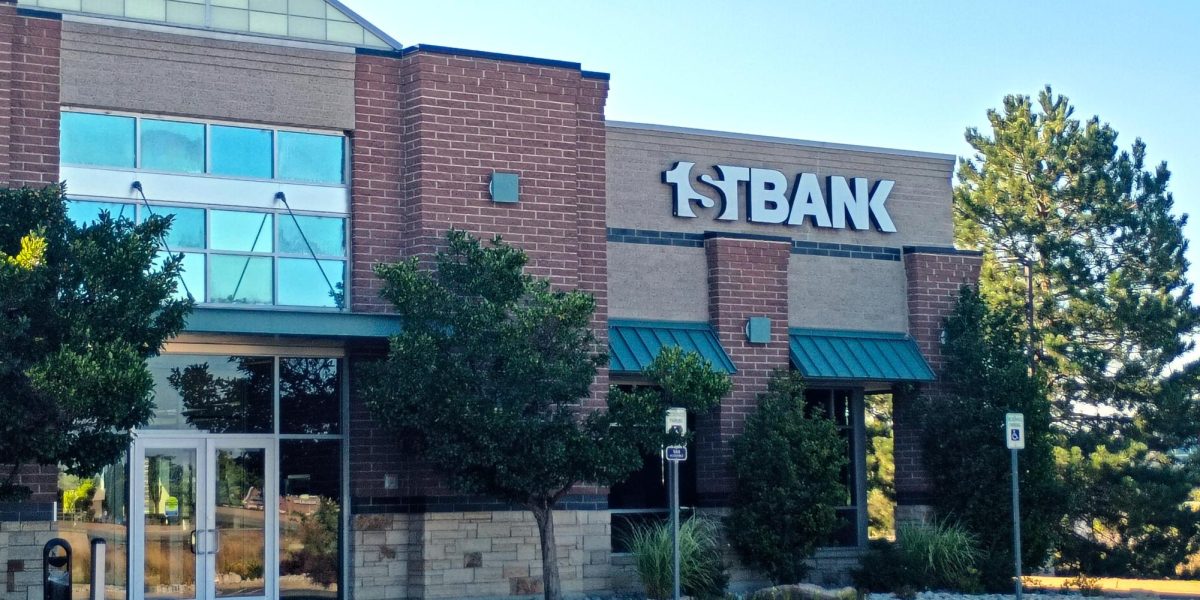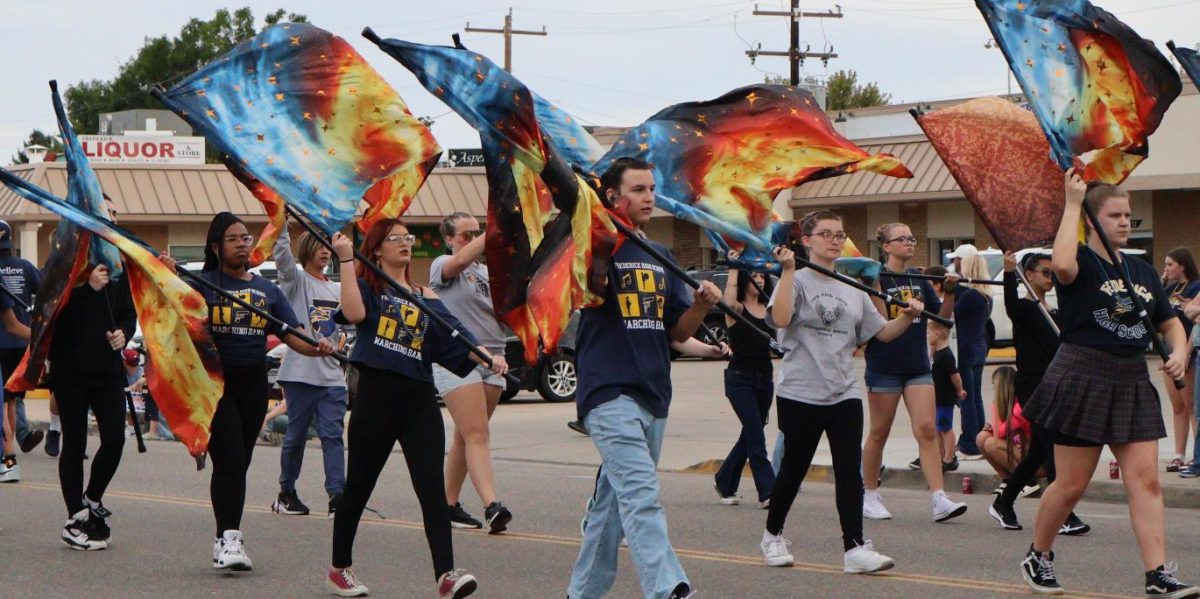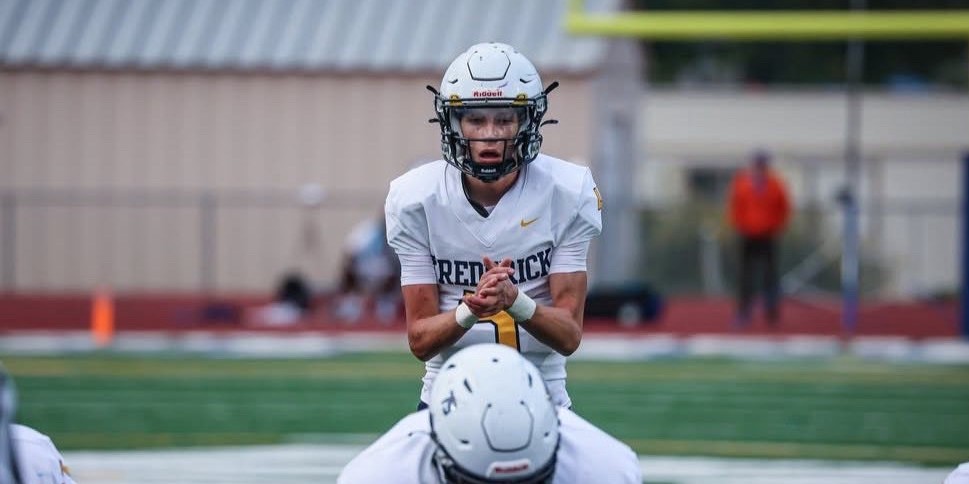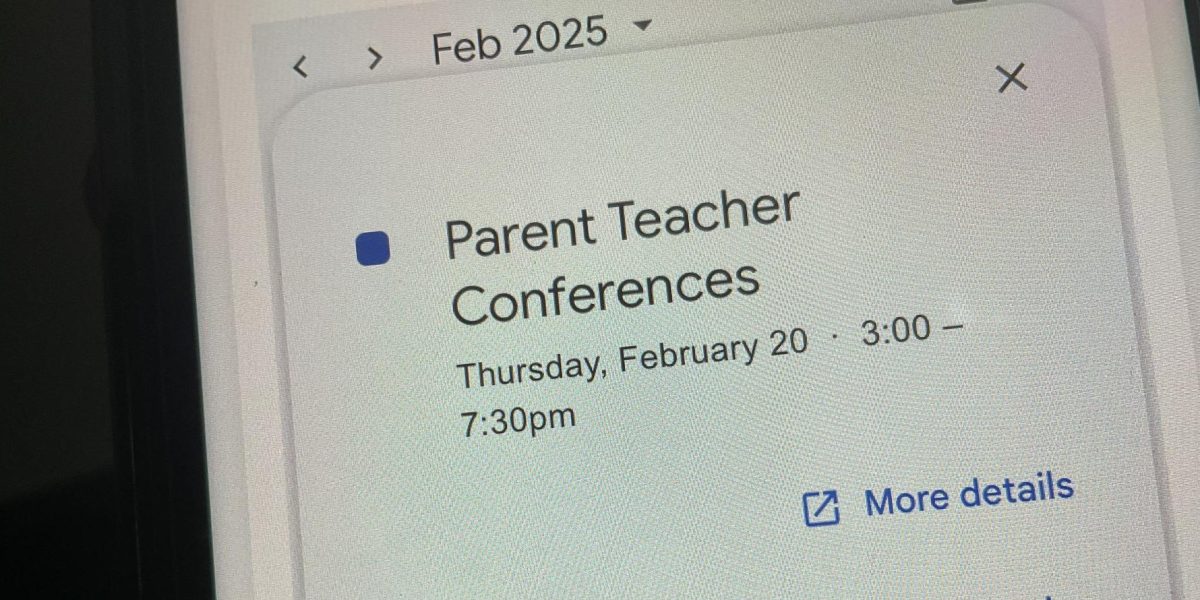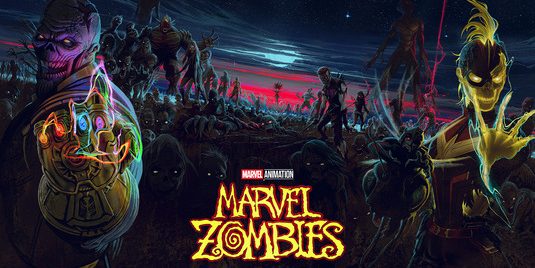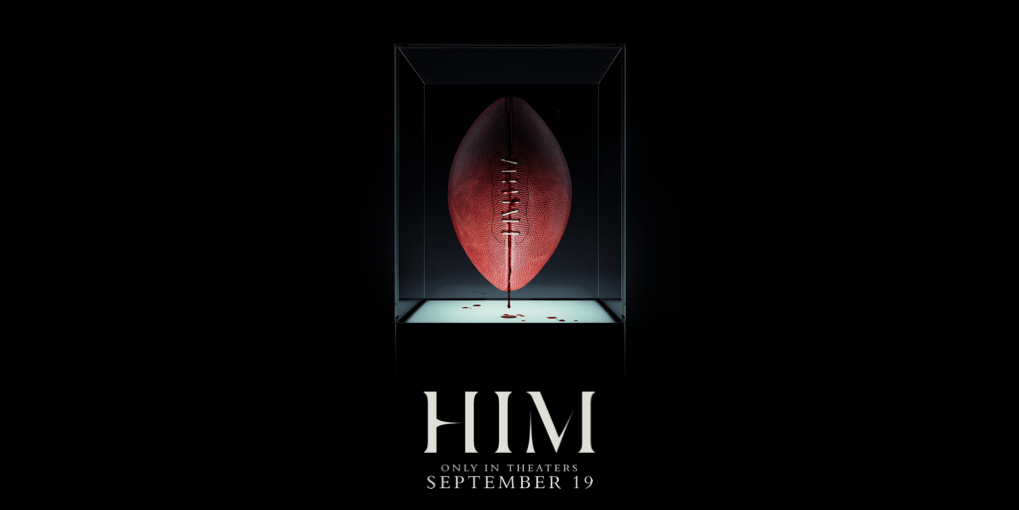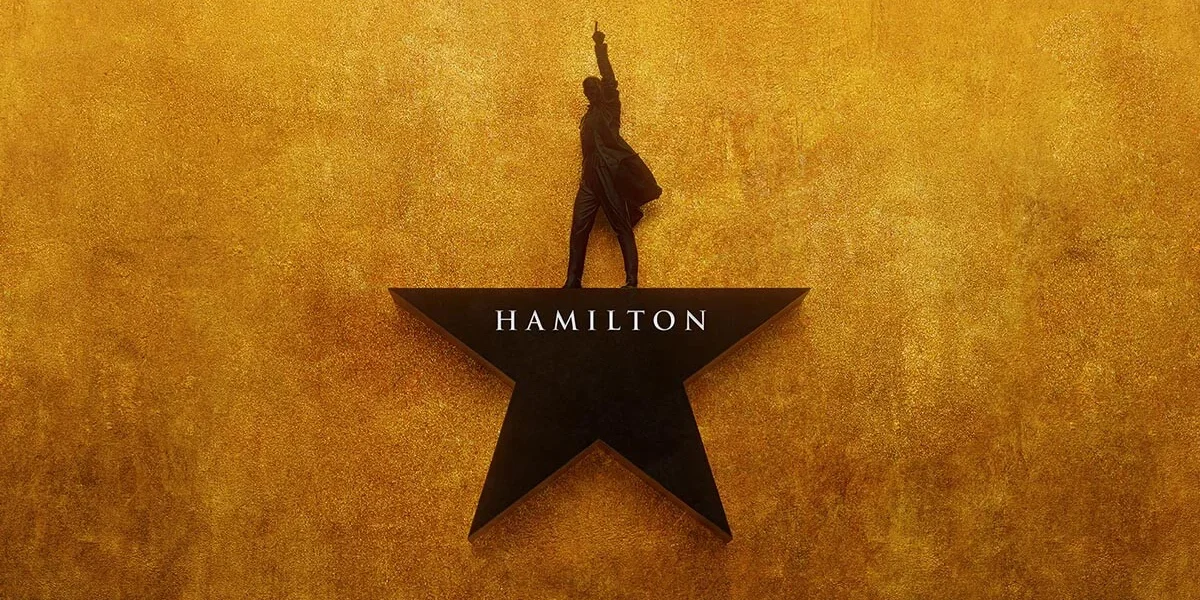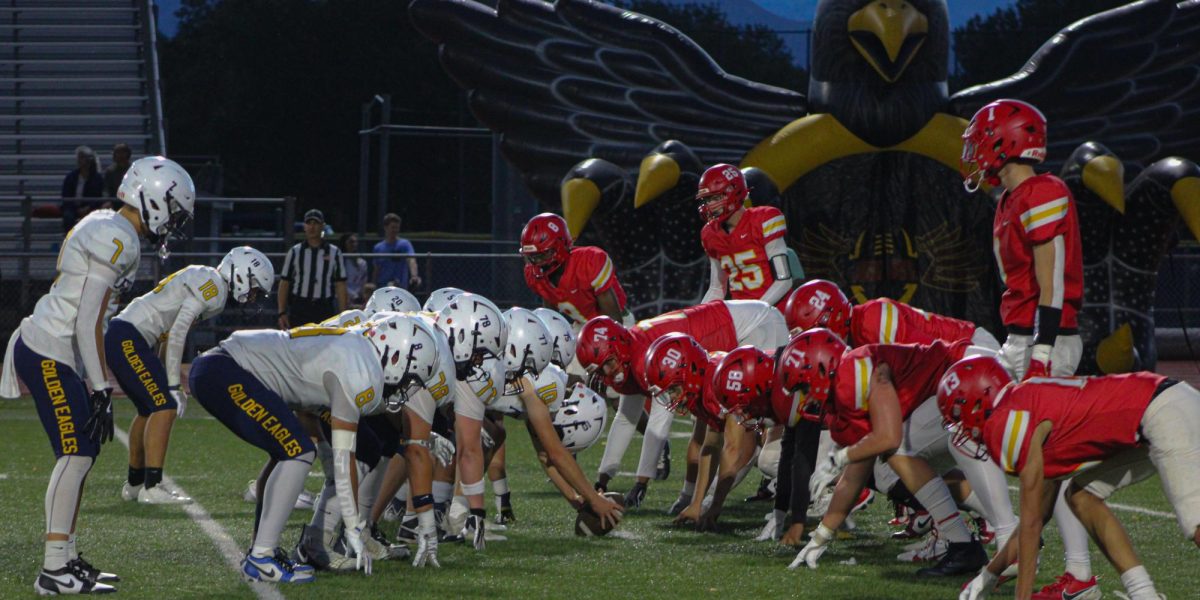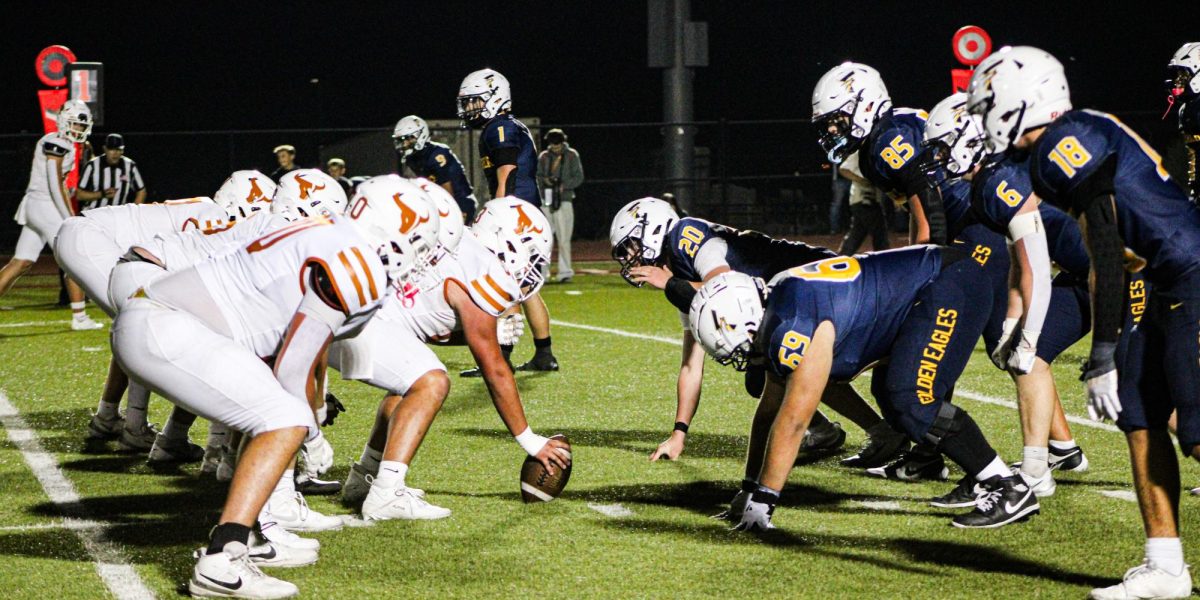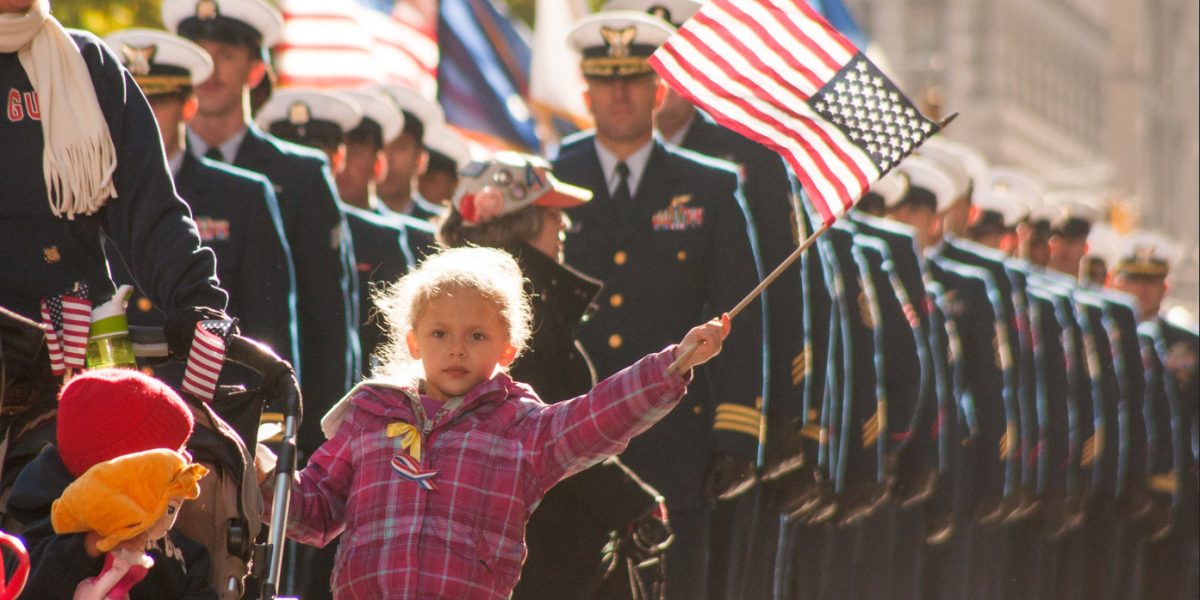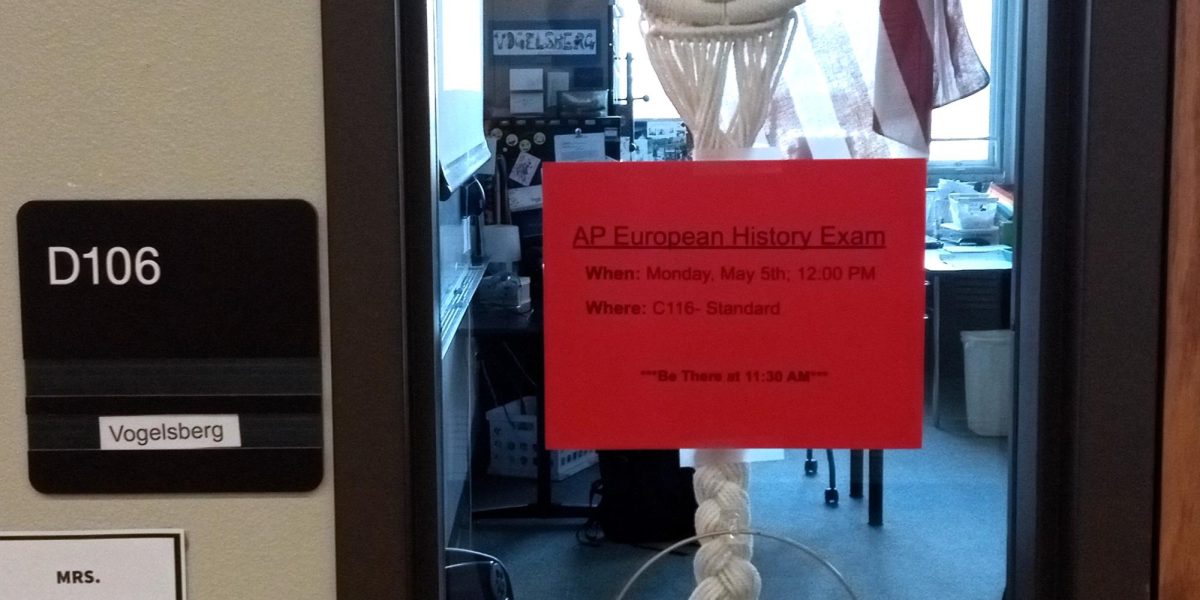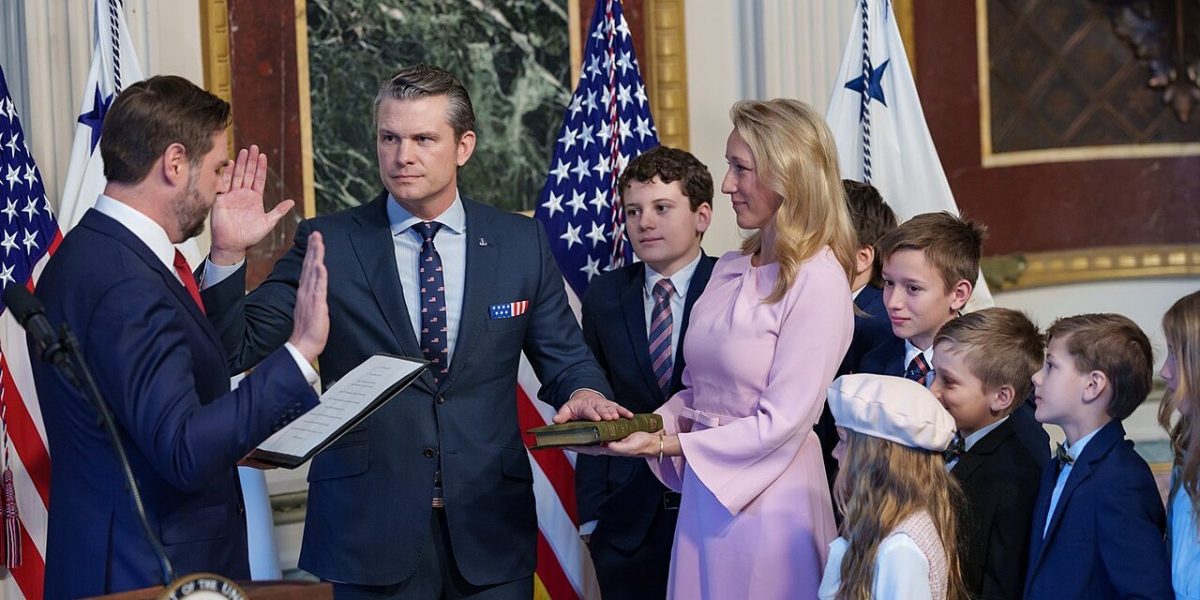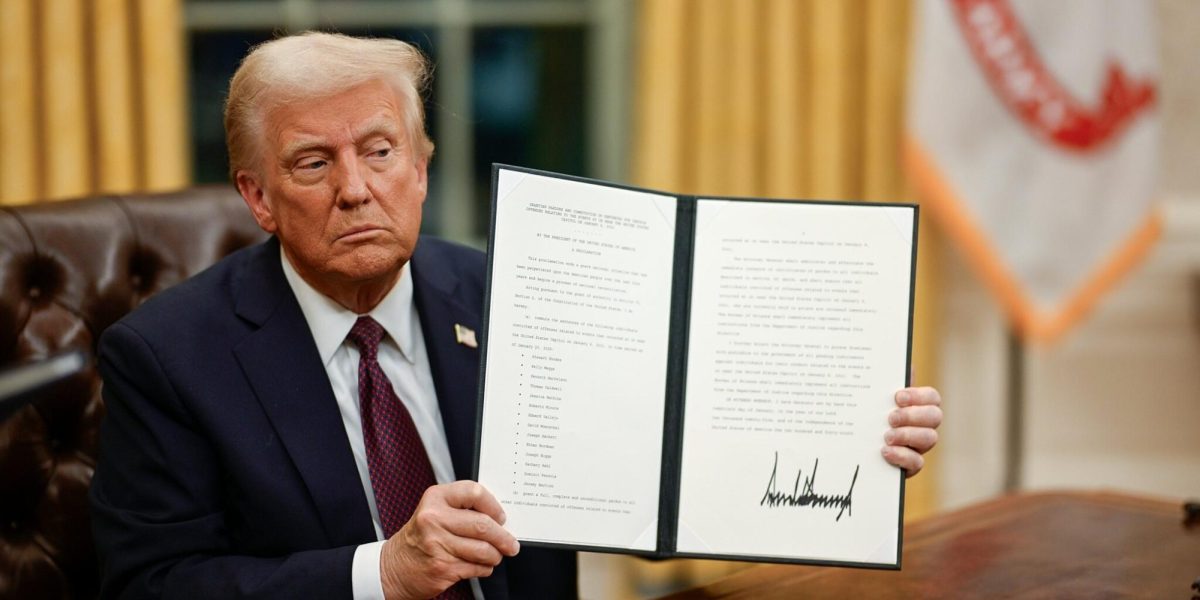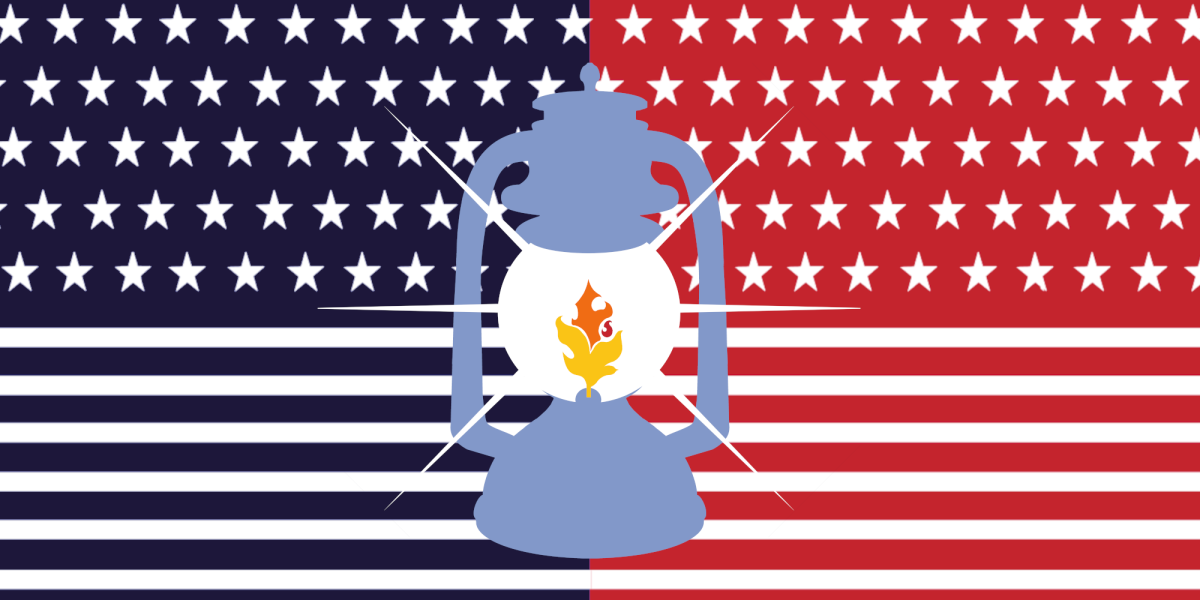President Donald Trump has sparked fresh debate after proposing a name change for Veterans Day, a holiday long dedicated to honoring the service and sacrifice of U.S. military veterans.
The suggestion, made while writing on his social media platform Truth Social, has drawn mixed reactions from veterans’ groups, political commentators, and the public. The question that has everyone confused is why do we need to change the name? And how will people react to this change?
Earlier this week, President Donald Trump presented that he wanted to rename Veterans Day to the name “Victory Day for World War I” in attempts to celebrate the United States’ military victories; as well as recognizing May 8 as “Victory Day for World War II,” a holiday originally celebrated in several European countries as “Victory in Europe Day.”
“We won both wars, nobody was close to us in terms of strength, bravery, or military brilliance, but we never celebrate anything,” Trump wrote in a late night statement, “That’s because we don’t have leaders anymore, that know how to do so! We are going to start celebrating our victories again!”
Federal holidays—which also includes their names—are originally created through the legislative process in Congress, though technically, federal holidays are only applicable to federal employees as well as the District of Columbia. This means that states individually determine their legal holidays, according to the Congressional Research Service. So, what does Veterans Day recognize and will this be worth it?
Veterans Day is known as a federal holiday that is recognized each year on November 11, marking the date of when fighting ceased in World War I, though it also honors American veterans for their willingness to serve, according to the U.S. Department of Veterans Affairs.
It is one of the 11 federal holidays in the United States each year. World War I was between Germany and the Allied Powers, officially having ended with the signing of the Treaty of Versailles on June 28, 1919, yet fighting ended 7 months earlier on November 11, 1918, according to the VA.
May 8, also known as “Victory in Europe Day,” had been the end of major fighting in the European arena of World War II, but fighting in the Pacific for U.S. and allied troops continued for nearly 4 more months, until September 2, 1945. In his post, he also noted that many countries commemorate the end of World War II, “but we did more than any other country, by far, in producing a victorious result.”
While the decision is originally up to Congress, Trump has made it clear he wants everyone to celebrate and recognize the United States victories.




